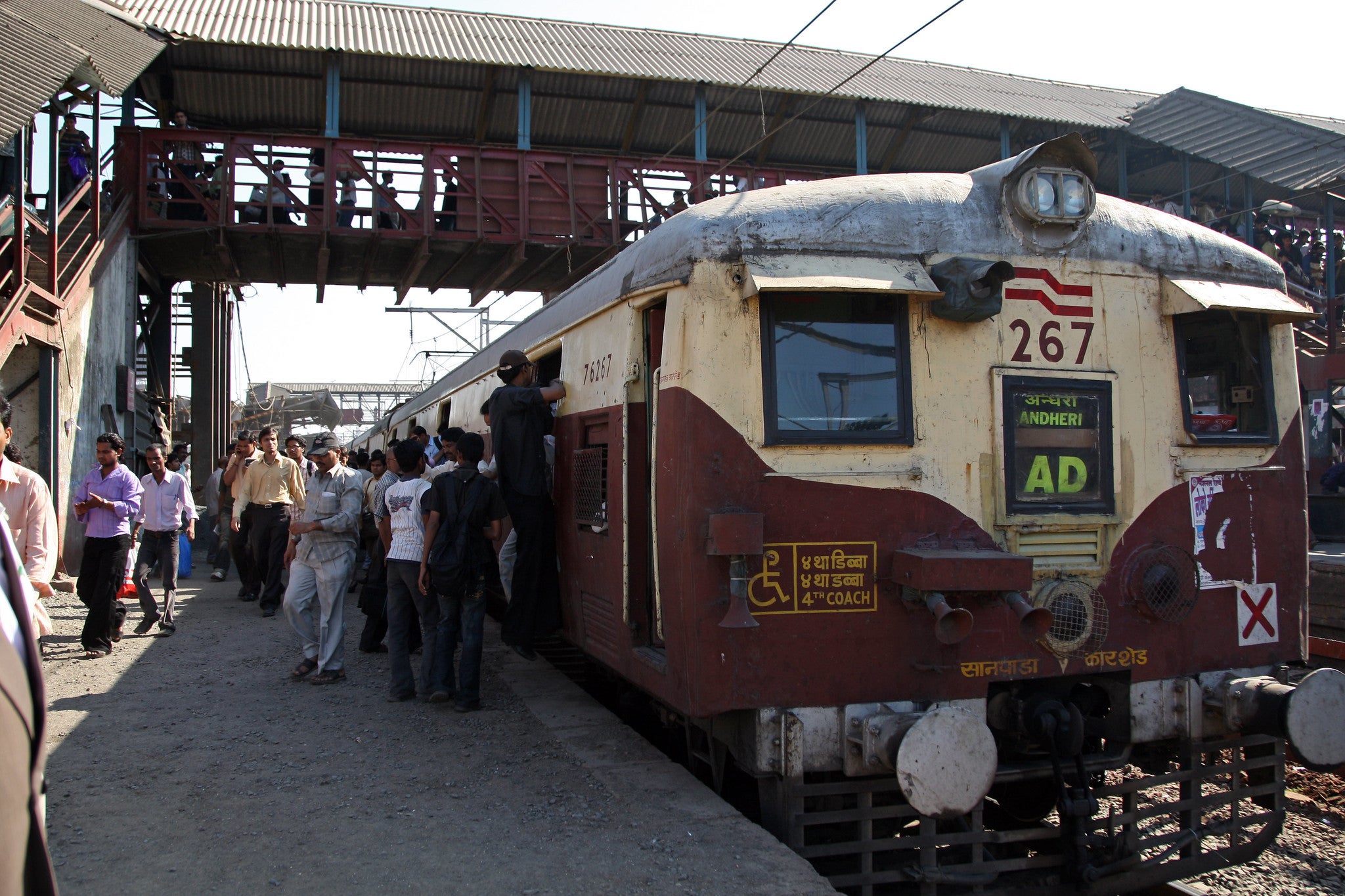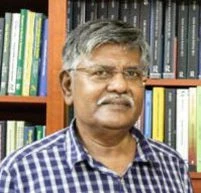 Train Station, Mumbai, India
Train Station, Mumbai, India
The United Nation’s 2030 Agenda gives due recognition to migration in achieving sustainable development. Furthermore, Sustainable Development Goal 8 seeks to promote inclusive and sustainable economic growth, with full and productive employment and decent work for all. However, the challenge of decent work in India remains overwhelming, as India’s economy is largely informal and migration continues to be a key strategy for livelihood security. Most inter-state migrants face challenges of meager wages, adverse employment conditions, inadequate onsite living conditions, and almost absent social protection.
According to the Periodic Labour Force Survey in India (2021-22), just 21.5 per cent of workers were engaged in regular wage/salaried employment. Among non-agricultural workforce engaged in regular wage/salaried employment, 62 per cent had written job contracts, but 49.2 per cent were not eligible for paid leave and 53 per cent were not eligible for any specified social security benefits. Migrants face additional challenges on account of lack of social capital and networks, language barriers, low bargaining power, difficulty in social integration, and thus remain vulnerable.
Majority of inter-state migrations in India are from economically under-developed states . According to the 2011 Census, Uttar Pradesh, Bihar, Rajasthan and Madhya Pradesh accounted for around half of the total inter-state migrants. These states have the highest incidence of poverty, and lag behind in human development. As per NITI-Aayog’s National Multidimensional Poverty Index (2015-16), poverty levels in Bihar, Uttar Pradesh and Madhya Pradesh were 51.9 per cent 37.7 per cent and 36.6 per cent respectively.
The post-Covid KNOMAD Survey on Internal Migration and Labor Markets in the Indian cities of Delhi and Mumbai among low-income workers earning up to Rs. 25000 per month reported that around three-fourth of the inter-state migrants were from Bihar and Uttar Pradesh. Migrants seeking better employment opportunities tend to land up in the informal sector, remain vulnerable, and thus need protection against economic exploitation.
To this effect, the Inter-state Migrant Workmen (Regulation of Employment and Conditions of Service) Act was enacted by the Government of India way back in 1979 to safeguard the interests of migrant workers. The act provides for payment of minimum wages, equal payment at par with local workers for similar work, payment of journey allowance, suitable accommodation, and medical facilities free of charge among others. However, the law remains only in letter as far as implementation is concerned, as evident during Covid-19 reverse migration.
The Standing Committee Report on Inter-State Migrant Workmen (Regulation of Employment and Conditions of Service) Amendment Bill-2011 acknowledged the system of employment of inter-state migrant labour as exploitative. The Report further stated that migrant workers were recruited through agents/contractors to work on large construction and other projects from outside the state and this system lends itself to various abuses. The committee recommended bringing comprehensive amendments to address challenges faced by migrant workers effectively, which is still lacking after a decade.
India’s labour force remains largely informal and unorganised. However, there has been a lack of systematic data on unorganised workers. Although there have been periodic surveys by the National Sample Survey Organisation on Unincorporated Non-Agricultural Enterprises, these are enterprise surveys rather than workers’ surveys and also exclude the construction sector which is a major employer of migrant workers. Wages and social security are among the lowest in the construction sector, but on account of non-availability of other non-farm employment, there has been a continuous surge in construction sector employment.
Given the need to build a comprehensive National Database of Unorganised Workers, Government of India launched the ‘eShram-Portal’ in 2021. It is the first ever national database of unorganised workers including Migrant Workers, Construction Workers, Gig and Platform Workers, Street Vendors, Domestic Workers, Agriculture Workers and Other Unorganised Workers. The highest registrations in eShram-Portal are from the major inter-state out-migration states of Uttar Pradesh, Bihar, West Bengal and Madhya Pradesh; as well as largest inter-state migrant receiving state Maharashtra.
Having the database is just a pre-requisite; the main challenge is to protect all workers including unorganised workers. The government therefore also introduced the ‘Samadhan-Portal’ to address workers' grievances, including illegal termination, delayed payments and unauthorised deductions. It also deals in non-payment of maternity benefits, discriminations on account of gender, equal remuneration, minimum wages, gratuity/ bonus and overtime allowance.
The Portal addresses grievances pertaining to Industrial Disputes Act 1947, Maternity Benefits Act 1961, Payment of Gratuity Act 1972, Equal Remuneration Act 1976, Payment of Wages Act 1936 and Minimum Wage Act 1948. Even though the portal supports other laws pertaining to industrial disputes, it would be prudent to specifically bring Inter-state Migrant Workmen (Regulation of Employment and Conditions of Service) Act, 1979 within the ambit of ‘Samadhan Portal’. Migrant workers face multi-dimensional vulnerabilities and are at greater risk of exploitation and thus need specific intervention within the Samadhan-Portal.
India needs to take concrete steps towards safeguarding inter-sate migrants and ensuing dignity of labour. The Covid-19 pandemic revealed the shortcomings of the existing inter-state migration policy. There is an imminent need to bring out a comprehensive inter-state migration protection and welfare policy as suggested by the Standing Committee on Labour in 2011-12. This will facilitate achieving the SDG-8.8 target to protect labour rights and promote safe and secure working environments for all workers, including migrant workers, women migrants, and those in precarious employment. Migrant welfare and protection should be central to labour policy in ensuring a decent world of work for inter-state migrant workers.



Join the Conversation